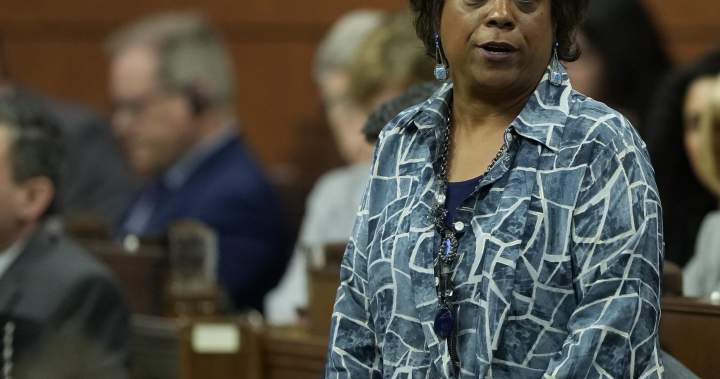In a significant shift addressing mounting concerns from affected Canadians, the federal government announced plans to reform the COVID-19 Vaccine Injury Support Program (VISP) following years of criticism over its accessibility and effectiveness.
Health Minister Mark Holland revealed the overhaul during a press conference Thursday, acknowledging the program has fallen short of providing timely support to those experiencing serious adverse effects from COVID-19 vaccines. The announcement comes after numerous Canadians reported facing excessive bureaucratic hurdles and prolonged waiting periods—some stretching beyond two years—while seeking compensation for vaccine-related injuries.
“We recognize that for those who have suffered serious and permanent injuries, the current system has created additional hardship during an already difficult time,” Holland stated. “These reforms will address the structural issues that have prevented timely processing of legitimate claims.”
The VISP, launched in December 2020, was designed to provide financial support to individuals who experienced serious and permanent injuries following vaccination with Health Canada-approved vaccines. However, data obtained by CO24 News reveals that of the 2,233 claims submitted since the program’s inception, only 157 have been approved—a mere 7 percent approval rate.
Marjorie Michel, a 39-year-old Montreal resident who developed pericarditis after receiving her second dose in July 2021, exemplifies the frustrations many applicants face. “I’ve submitted over 200 pages of medical documentation, yet my claim remains unresolved after 27 months,” Michel told CO24 News. “Meanwhile, I’ve been unable to work full-time and have exhausted my savings.”
The forthcoming reforms include several key changes aimed at addressing these criticisms. The Public Health Agency of Canada will implement a streamlined application process, establish clearer eligibility criteria, and significantly increase staffing to reduce processing times. Additionally, the government pledged to enhance transparency by publishing detailed statistics on program outcomes and creating an appeals mechanism for rejected claims.
Medical experts have long advocated for these reforms. Dr. Eleanor Vaughn, immunologist at Toronto General Hospital, told CO24 News, “While severe vaccine injuries remain extremely rare, those affected deserve an efficient, compassionate system that acknowledges their experience and provides appropriate support.”
The proposed changes align with recommendations from a comprehensive review conducted by an independent panel of medical and legal experts earlier this year. Their report, obtained through access to information requests, highlighted “significant structural deficiencies” in the program’s design and implementation.
Opposition critics, however, question why these reforms took so long to materialize. Conservative health critic Michael Barrett called the delay “inexcusable,” noting that similar programs in countries like the United Kingdom and Australia process claims in a fraction of the time.
“For almost three years, Canadians with legitimate injuries have been trapped in bureaucratic limbo while the government dragged its feet on necessary reforms,” Barrett said during Question Period in the House of Commons.
Patient advocacy groups cautiously welcomed the announcement while emphasizing the need for retroactive support. Vaccine Injury Alliance Canada spokesperson Jennifer Mellor stated, “While these reforms are long overdue, they must include provisions to expedite the backlog of existing claims and provide interim support to those who have been waiting years for resolution.”
The revamped program is expected to be operational by early 2025, with transitional measures implemented immediately to address the most urgent cases. Holland confirmed that the government has allocated an additional $45 million to fund both the program reforms and compensation for approved claims.
As Canada continues navigating the complex aftermath of the pandemic, this overhaul raises important questions about balancing public health initiatives with accountability and support for those who experience rare but serious adverse effects. How effectively will these reforms address the needs of Canadians who have already spent years seeking recognition and support for their vaccine injuries?























